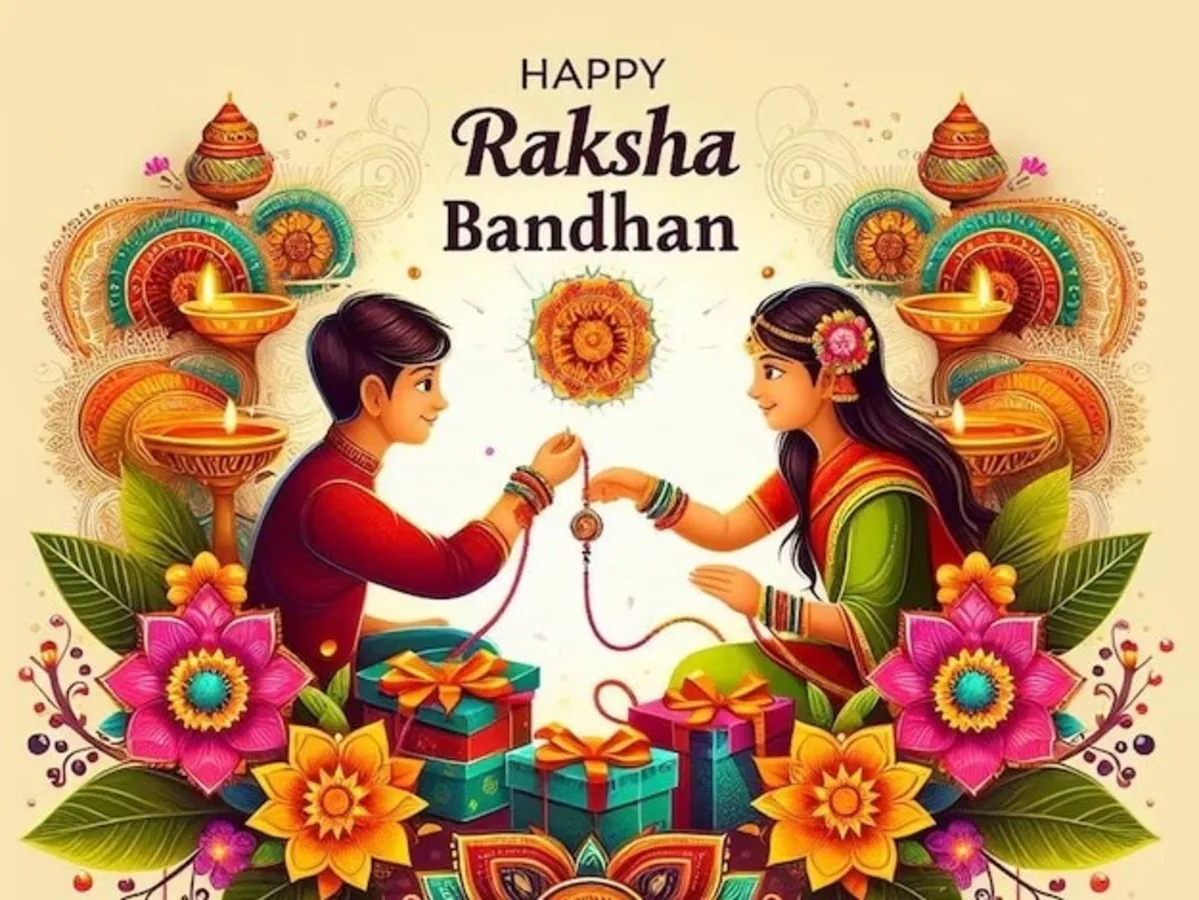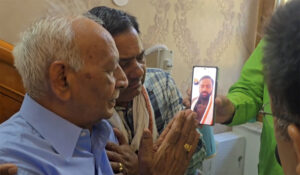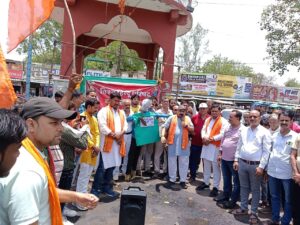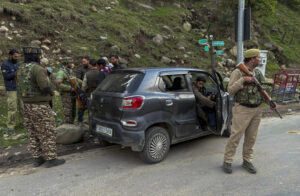Raksha Bandhan: A Celebration Overshadowed by Safety Concerns for Women in India
Focus News 19 August 2024
Raksha Bandhan, a festival rooted in the sacred bond between brothers and sisters, is a day of celebration across India. Traditionally, sisters tie a protective thread, or rakhi, around their brothers’ wrists, symbolizing love and the promise of protection. In return, brothers vow to safeguard their sisters throughout their lives. However, as we celebrate this festival, a pressing question arises: Are our sisters truly safe in today’s society?
The Paradox of Protection
The essence of Raksha Bandhan is protection, yet the reality faced by many women and girls in India is starkly different. Despite societal advancements and the rise in awareness regarding women’s rights, India remains a country where safety concerns for women are alarmingly high. According to recent statistics, cases of violence against women, including rape, domestic abuse, and harassment, are still prevalent. This dissonance between cultural symbolism and everyday reality cannot be ignored.
Rising Crime Rates
The National Crime Records Bureau (NCRB) reported an increase in crimes against women, with a particular rise in cases of domestic violence and sexual assault. The Crime in India report published by the National Crime Records Bureau last year showed a total of 4,45,256 cases of crime against women were registered across India in 2022, almost 51 First Information Reports (FIRs) every hour, up from 4,28,278 in 2021 and 3,71,503 in 2020.
The COVID-19 pandemic exacerbated these issues, as lockdowns trapped many women in abusive environments with little recourse. The streets are no safer; incidents of public harassment and violence continue to instill fear, making basic activities like traveling alone a potential threat.
Cultural and Societal Norms
Part of the problem lies in deeply ingrained cultural and societal norms that perpetuate gender inequality. While education and economic participation among women have improved, patriarchal attitudes persist. Women often face the double burden of managing professional and domestic responsibilities, and when they step outside these predefined roles, they are frequently met with resistance or violence.
Legal Framework and Enforcement
India has robust laws intended to protect women, including the Sexual Harassment of Women at Workplace Act, the Protection of Women from Domestic Violence Act, and stringent anti-rape laws. However, the effectiveness of these laws is undermined by poor enforcement, lack of awareness, and the stigma attached to reporting crimes. The legal system, plagued by delays and bureaucratic inefficiencies, often fails to provide timely justice, further discouraging women from coming forward.
The Role of Education and Empowerment
Education and economic empowerment are crucial to improving the safety of women. Educating boys and men about gender equality, respect, and consent is essential in changing the societal mindset. Empowering women economically can also give them the autonomy to make decisions about their safety and well-being. Community initiatives, self-defense training, and the use of technology for safety (such as mobile apps) are steps in the right direction, but they need to be widespread and accessible to have a significant impact.
Moving Beyond Symbolism
Raksha Bandhan should not just be a symbolic gesture of protection. It should serve as a reminder of the collective responsibility we have as a society to ensure the safety and dignity of women. Brothers can play a pivotal role in this transformation by supporting their sisters’ independence and standing against any form of injustice or discrimination they face.
As we tie the rakhi this Raksha Bandhan, let it symbolize not just a promise of protection, but a commitment to action. The safety of women in India is not just a matter for law enforcement or the government; it is a societal issue that requires a cultural shift, where every individual recognizes and respects the rights and safety of women. Only then can we say that our sisters are truly safe, not just during the festival, but every day of the year.
– Vijuy Ronjan ( Retired CGM SBI)









